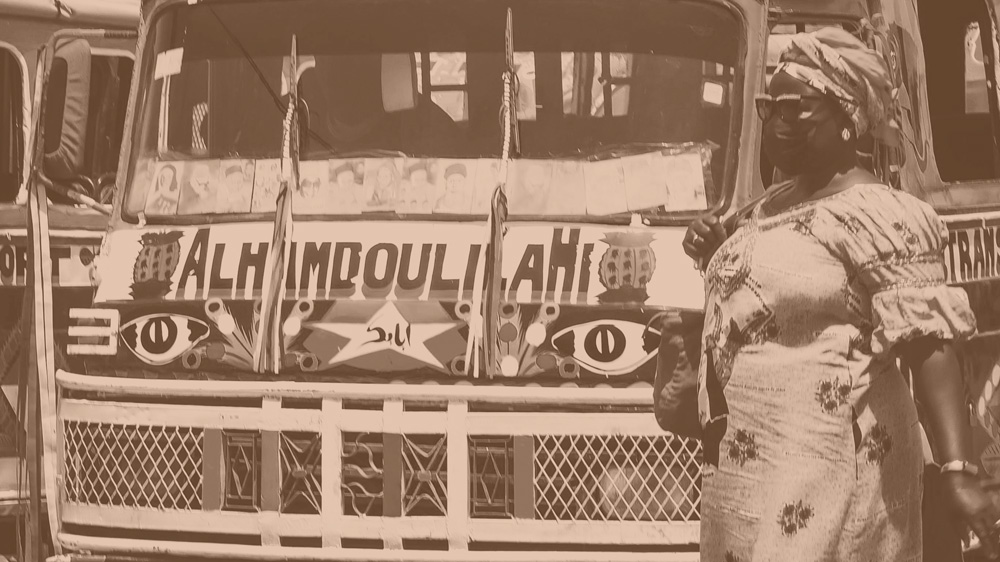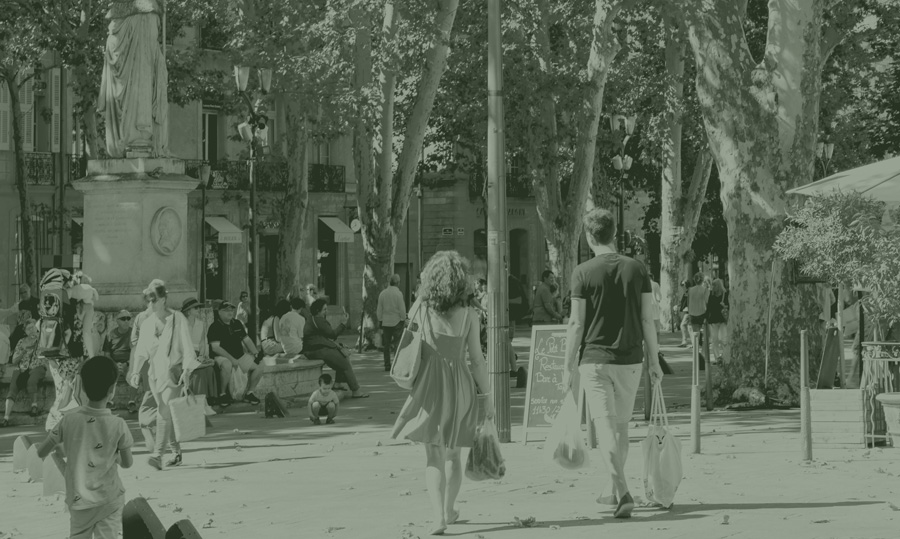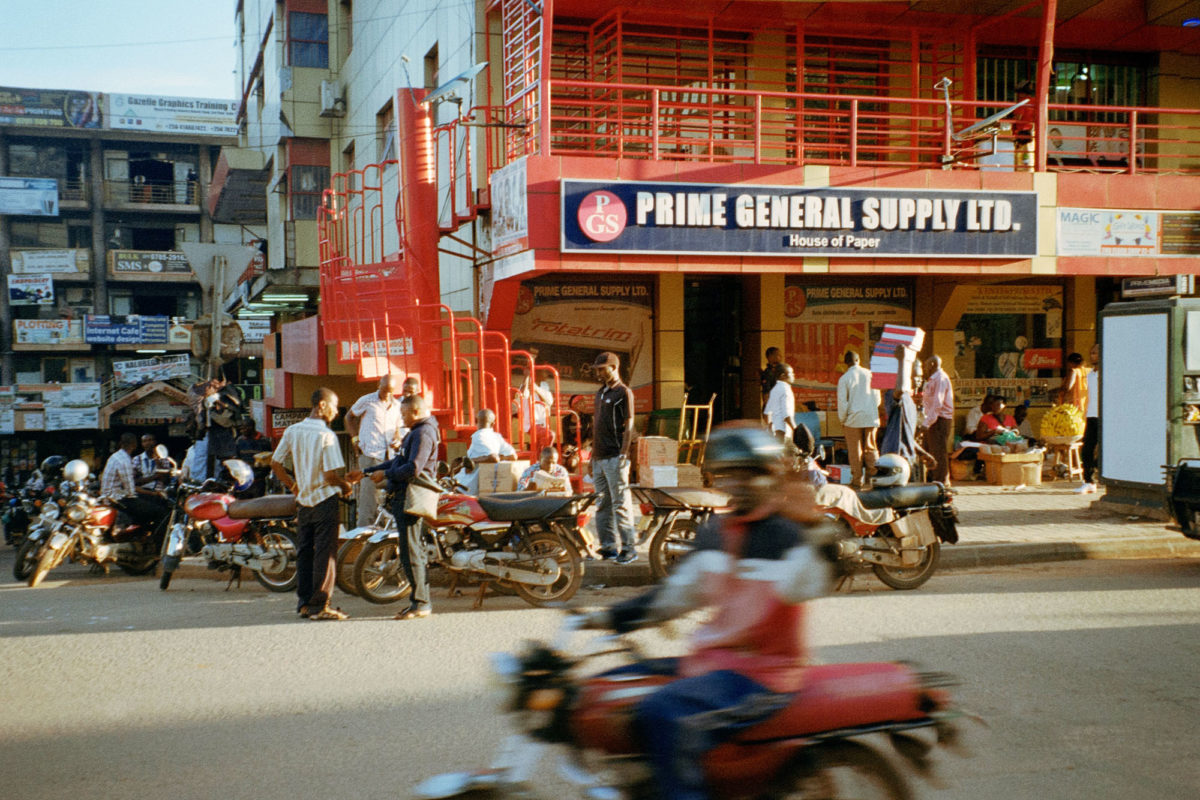Becoming a citizen: understanding adolescents’ walking practices for better public policies
EP-2024-WK-03 Project title: Becoming a citizen: understanding adolescents’ walking practices for better public policiesMain Applicant: Cristhian Figueroa M.Affiliation: Dept de Planificación y Ordenamiento Territorial, Universidad Tecnológica Metropolitana (UTEM) & Centro de Desarrollo Urbano Sustentable (CEDEUS), Chile Partners: Abstract Due to the importance of walking, many studies exploring its role in public policies have significantly increased in recent decades.


